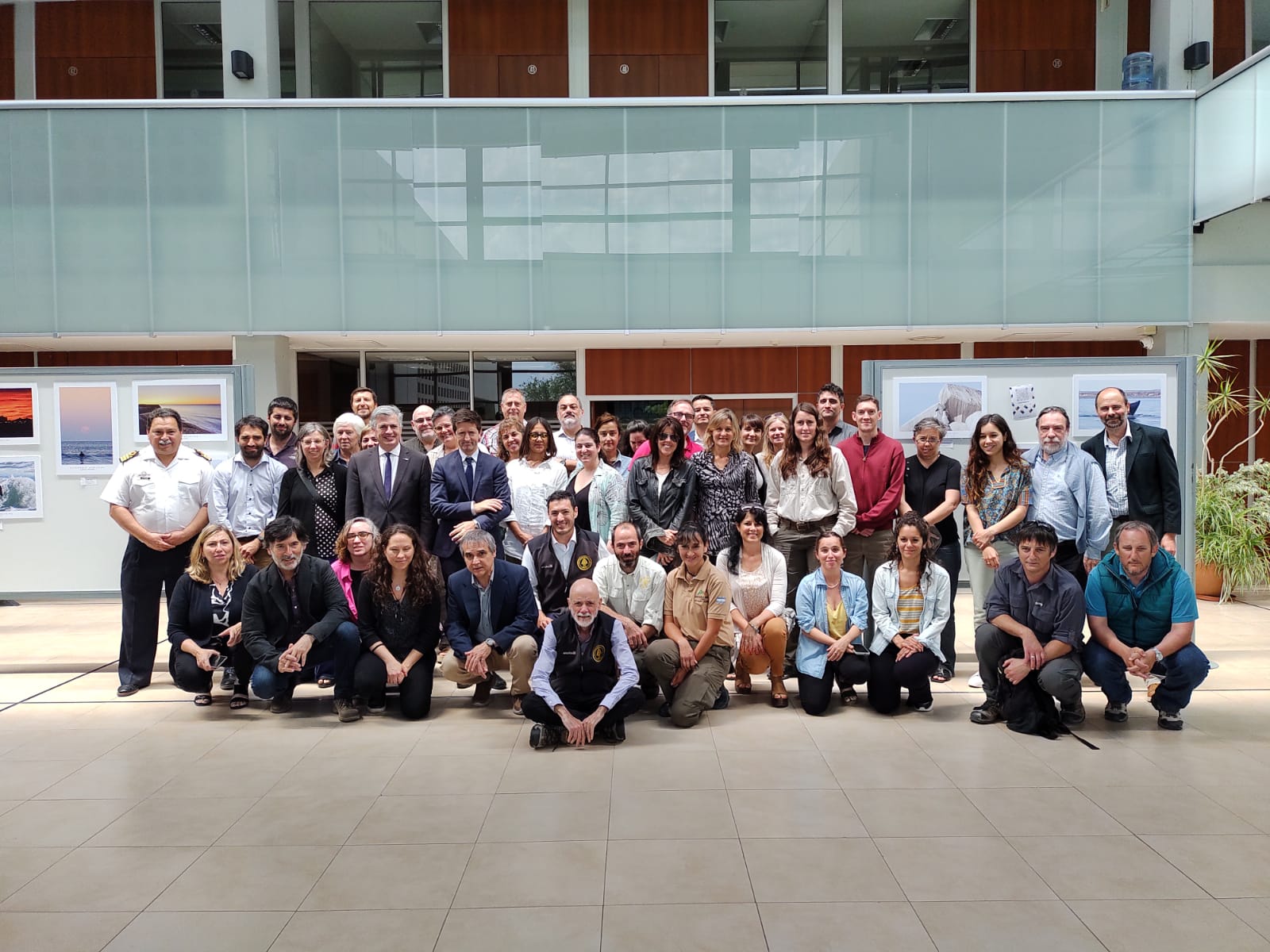
The workshop, which took place in person at the Honorable Legislature of Chubut and also included virtual participation, was aimed at informing on the progress of the Project design process and generating a space for participation, dialogue, and exchange with public and private stakeholders, to enrich its preparation and implementation planned for 2023.
The workshop was also organized with local support from Fundación Patagonia Natural.
The opening was in the hands of the Minister of Tourism and Protected Areas, Leonardo Gaffet, the Mayor of Rawson, Damián Biss, and the cooperation advisor of the Argentine Delegation of the European Union, Pablo Iglesias Rumbo.
Marcelo Scaglione, representative of the Argentine Delegation of the European Union, shared details of the context of the project, highlighting that: “This team building work to address the management of marine protected areas is being closely watched from Brussels (headquarters of the European Union) and is being taken as a model not only for the region but for the whole world”.
He added that EU cooperation in Argentina: “involves efforts of the private sector, companies, binational chambers of industry and commerce of the member countries, articulates with neighboring countries, international cooperation, academia and civil society”.
Alejandro Vila, president of the Forum, pointed out that: ”We are facing such great challenges from the point of view of marine conservation that a single organization can hardly make a difference. In this sense, the spirit of the Forum has been and is to work collaboratively, not only among the organizations that are part of it, but also with the State, with the municipal, provincial and national governments, and with the private sector”.
Both the National Government and the Province of Chubut, and the municipalities of Rawson and Puerto Madryn, have been making important efforts to create and effectively implement marine coastal protected areas (MCPAs) and mitigate the threats they face. This project seeks to articulate and strengthen these efforts, working collaboratively.
The initiative promotes actions aimed at ensuring that the ecosystems of the Argentine Sea maintain the integrity of their biodiversity with measures aimed at facilitating their capacity to adapt and mitigate against climate change, and contributing to the health and well-being of people. In this context, it is vital that MCPAs managers in the Patagonia of Argentina work in coordination with other actors to reduce threats to biodiversity and sustain the benefits that MCPAs provide to society.
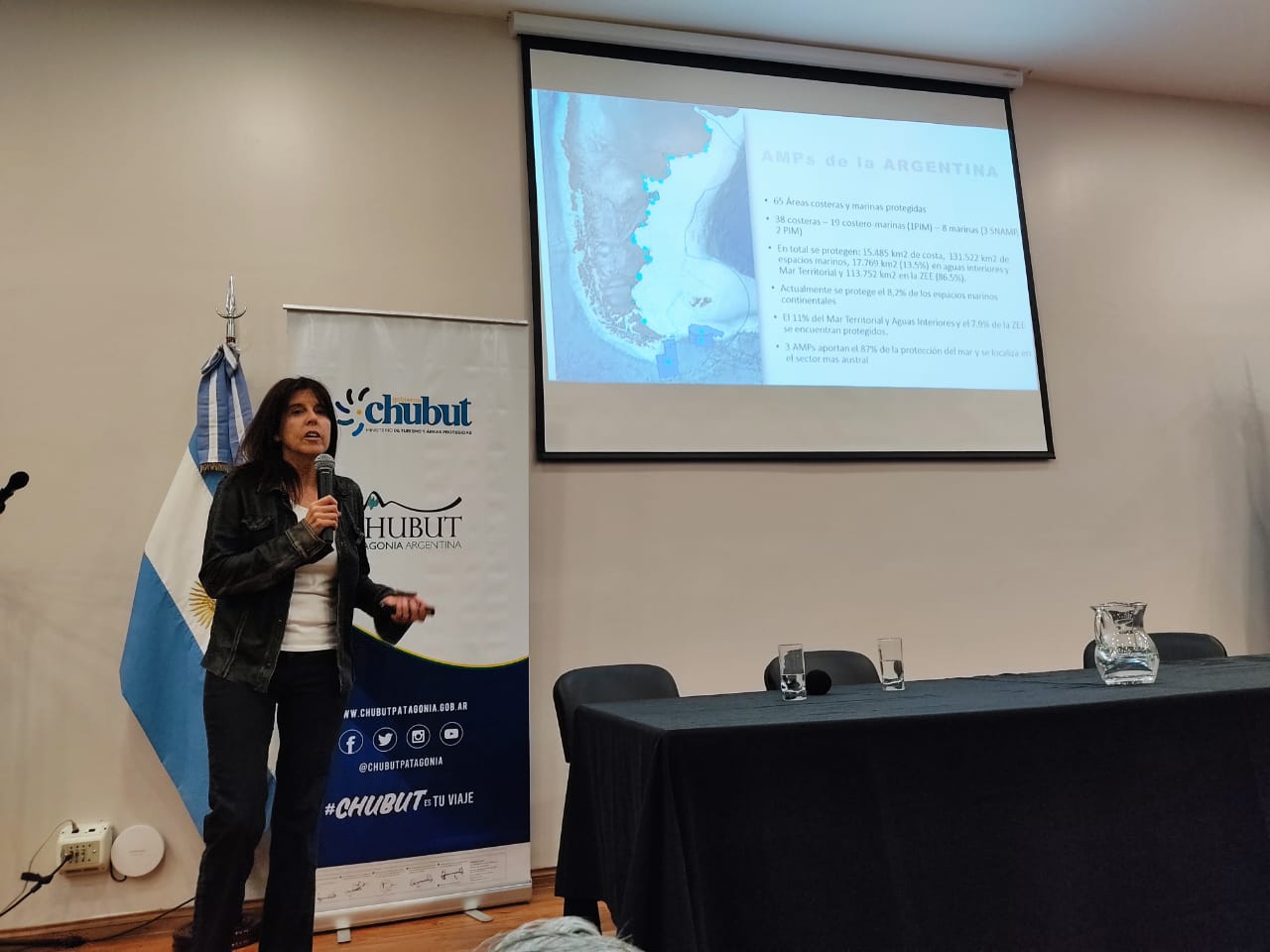
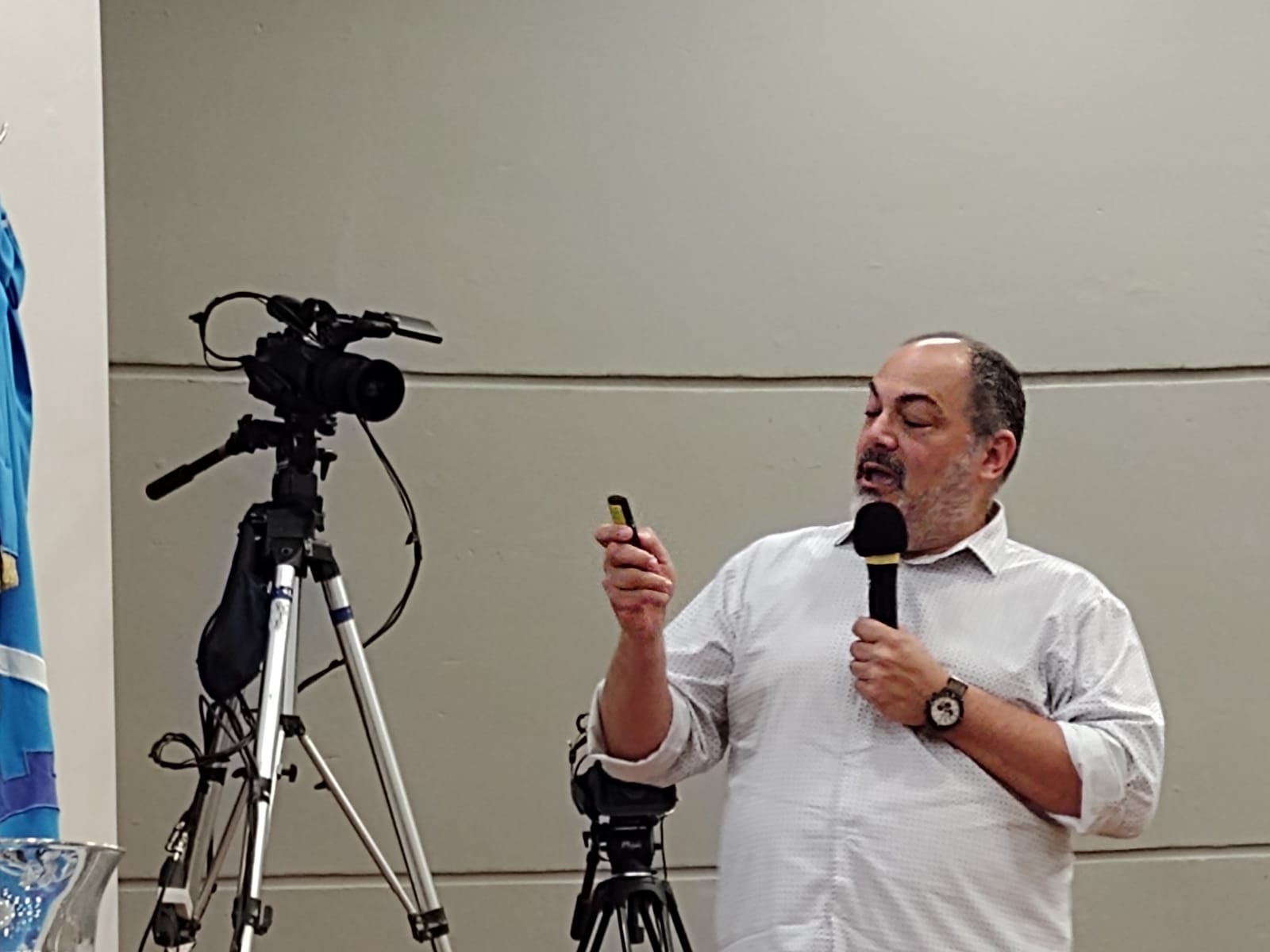
Priority objectives
The collaborative work that the Forum has been developing, in coordination with multiple actors, together with the challenges, opportunities and the current context, has made it possible to identify four key components for this project. These are: strengthening the adaptive management of Patagonian MCPAs; implementing good fishing practices in the vicinity of the MCPAs, aimed at reducing bycatch of species of special value such as sharks, birds and marine mammals; reducing plastic waste of fishing origin on beaches and aquatic habitats in the MCPAs; generating spaces for participation associated with the management of these coastal and marine protected areas and strengthening them through access to information.
In explaining why it is necessary to strengthen the adaptive management of Patagonia’s MCPAs, Valeria Falabella of WSC Argentina, said: “Many of the 65 MCPAs that currently exist do not have management plans; many others have them, but they are not properly implemented, and most do not have monitoring programs, that is, there is no follow-up on how their conservation values, species and habitats are found, a key aspect for the adaptive management of these areas”.
The MCPAs of Patagonia Argentina protect, in total, 15,485 km2 of coastline; 131,522 km2 of marine areas. Currently, 8.2% of Argentina’s continental marine areas are protected.
“It is important that the MCPAs adopt a common biodiversity monitoring program and implement adaptive management practices,” said Falabella.
In this direction, the project contemplates different lines of work: providing guidelines for public and biological monitoring models; applying these guidelines to two large biosphere reserves, Valdés and Patagonia Azul; developing a database and online portal for biological monitoring, intended for managers and for public use; carrying out effective management evaluations in the selected study sites through a common methodology that allows systematizing and comparing results.
“We hope with these tools and actions, to be able to build an active network of management specialists, because there is no way to achieve the proposed objectives without collaborative and participatory work,” Falabella said.
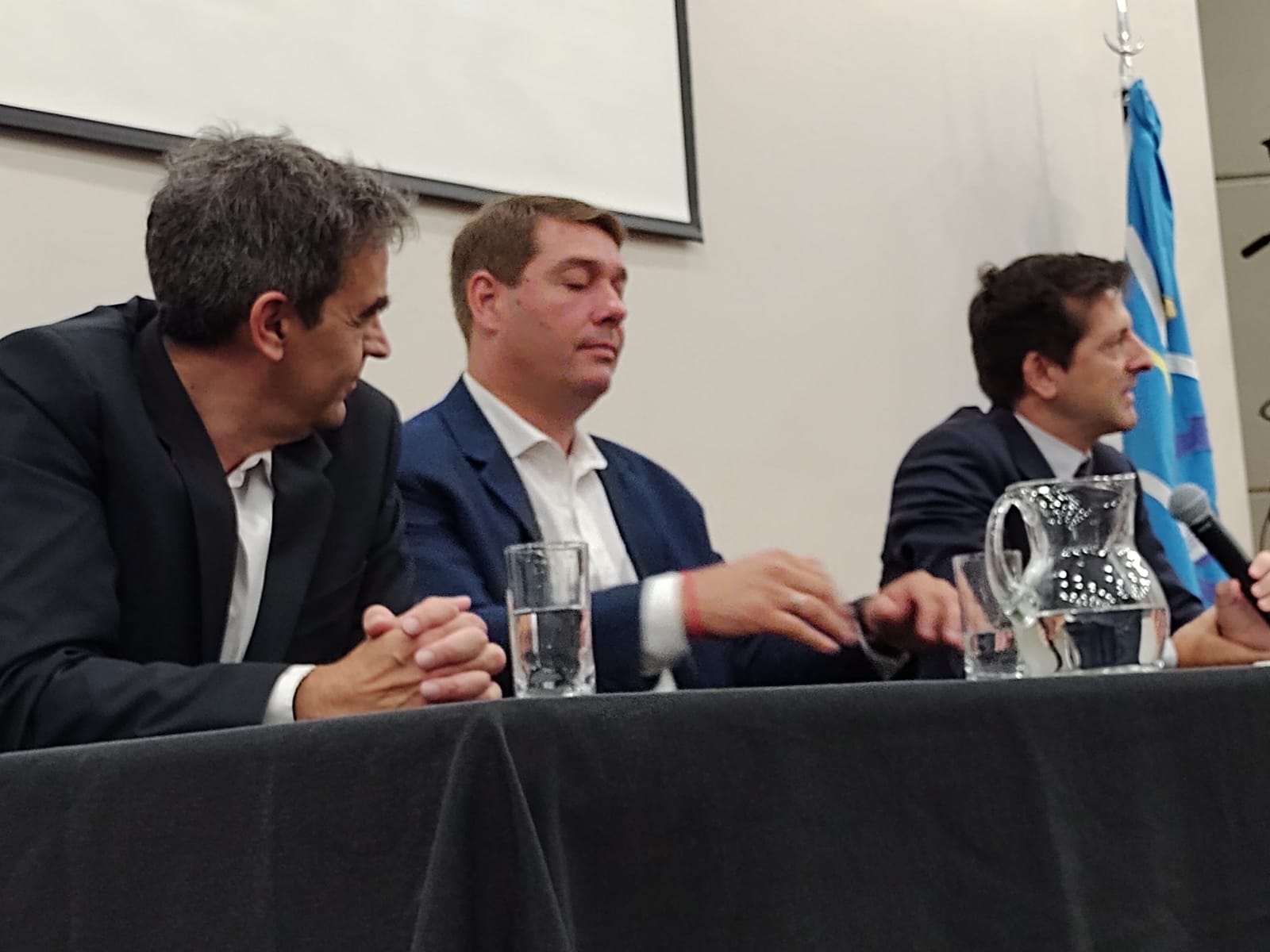
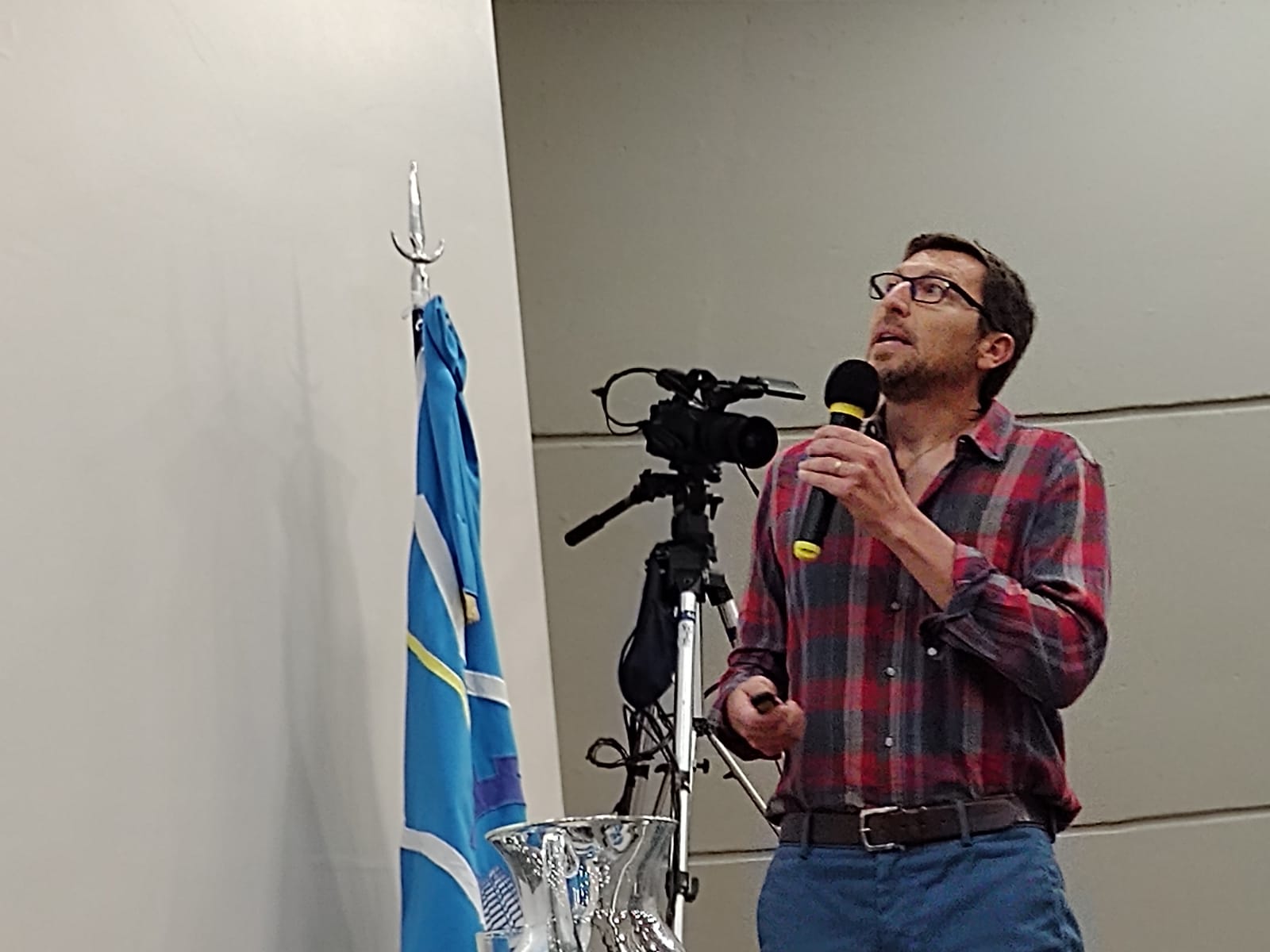
Fishing and bycatch
Leonardo Tamini, from Aves Argentinas, explained why sharks, seabirds and marine mammals are always referred to when talking about introducing good fishing practices in the vicinity of MCPAs to reduce their bycatch.
“These species have characteristics that make them highly vulnerable to anthropic interventions: great longevity, they take a long time to start leaving offspring, and they have a very low reproduction rate throughout their lives,” he said.
The specialist affirms that: ”the problem goes beyond conservation, since bycatch can affect access to certain international markets in terms of fish products”.
For this reason, the Project seeks to strengthen research, the search for innovative solutions, the development of incentives, and the support for personnel on board.
“We hope to generate updated information on bycatch and mitigation measures, develop an electronic system to upload information for the work of the public and private sectors, and strengthen existing and new mitigation measures, monitored electronically,” says Tamini.
There will also be training in good practices and mitigation measures for fishing vessel crews. And a participatory work focused on the design and implementation of the Fisheries Management Plan of the MPAs Namuncurá Banco Burdwood is planned.
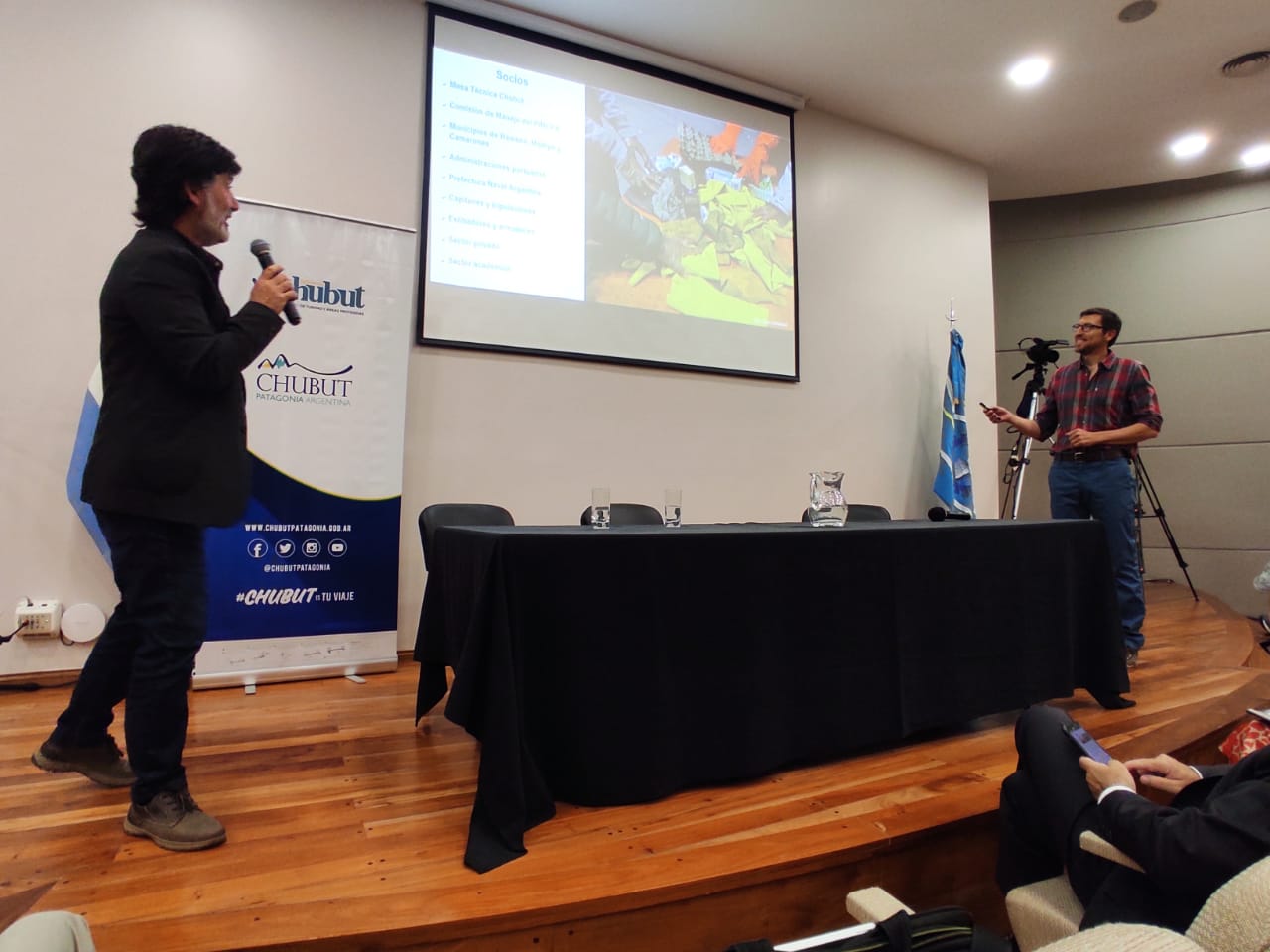
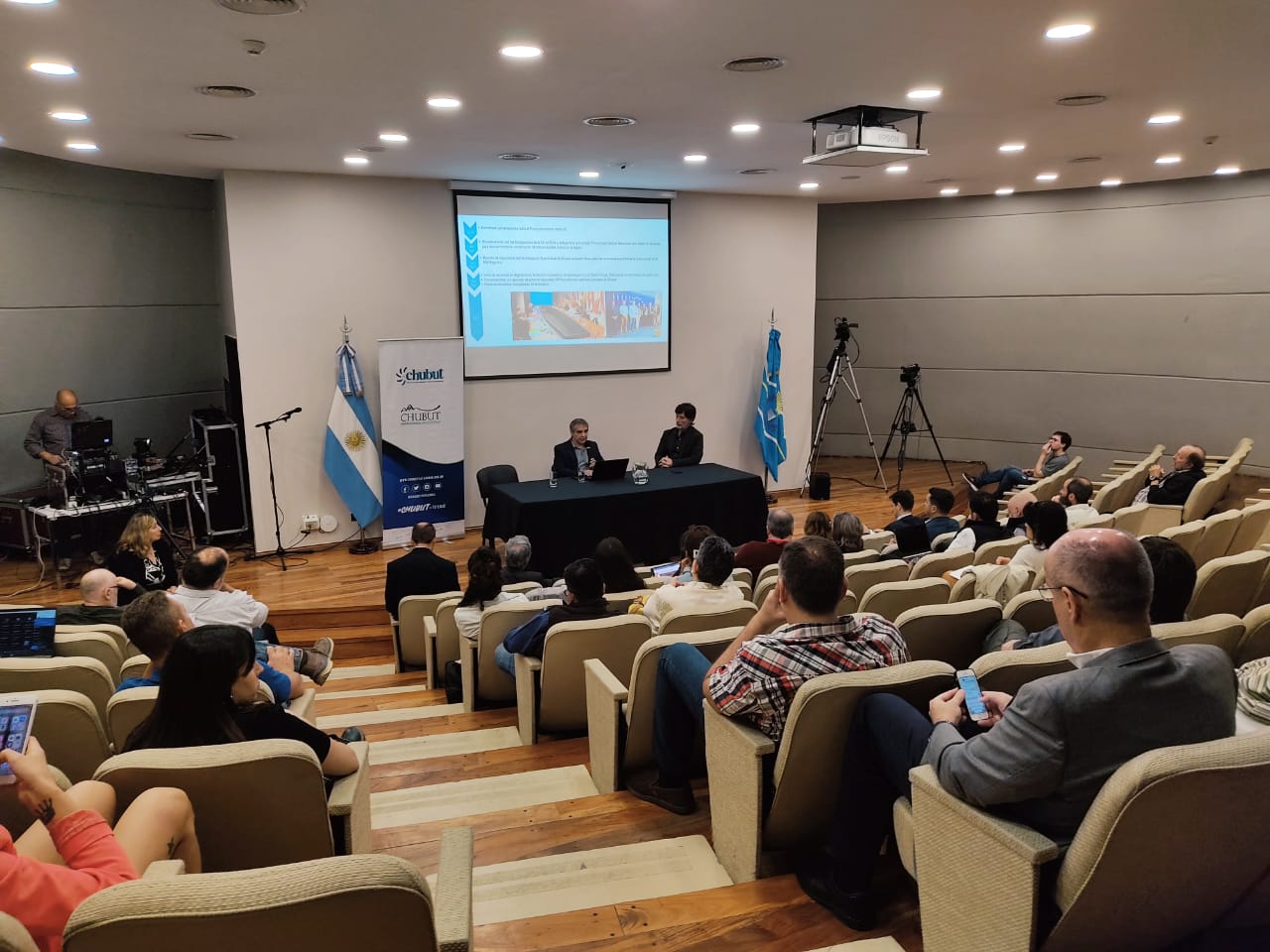
Plastic waste
In relation to the problem of plastic fishing waste in beaches and aquatic habitats of the MCPAs, Diego González Zevallos, from the Whale Conservation Institute and IPCSH (CCT CONICET CENPAT) commented that work will initially be carried out in two areas, The Biosphere Reserves Peninsula Valdés and Patagonia Azul, with work in the ports of Rawson and Madryn, the Coastal Marine Interjurisdictional Park Patagonia Austral and coasts of peninsula Valdés.
“We know that more than 80% of the waste found on our coasts are plastics of fishing origin, and that they will contribute to increasing the concentration of microplastics in the sea (plastics degraded to sizes of less than 0.5 cm),” said González Zevallos.
Their consequences have already generated varied impacts and affect commercial species (with the consequent decrease in the quality of products) but also human health.
The plan is to develop a map that describes the dynamics of these plastics, their origins and their impact. It will also aim to strengthen coastal cleanup, improve practices and management (with the participation of key audiences) and strengthen the circular economy.
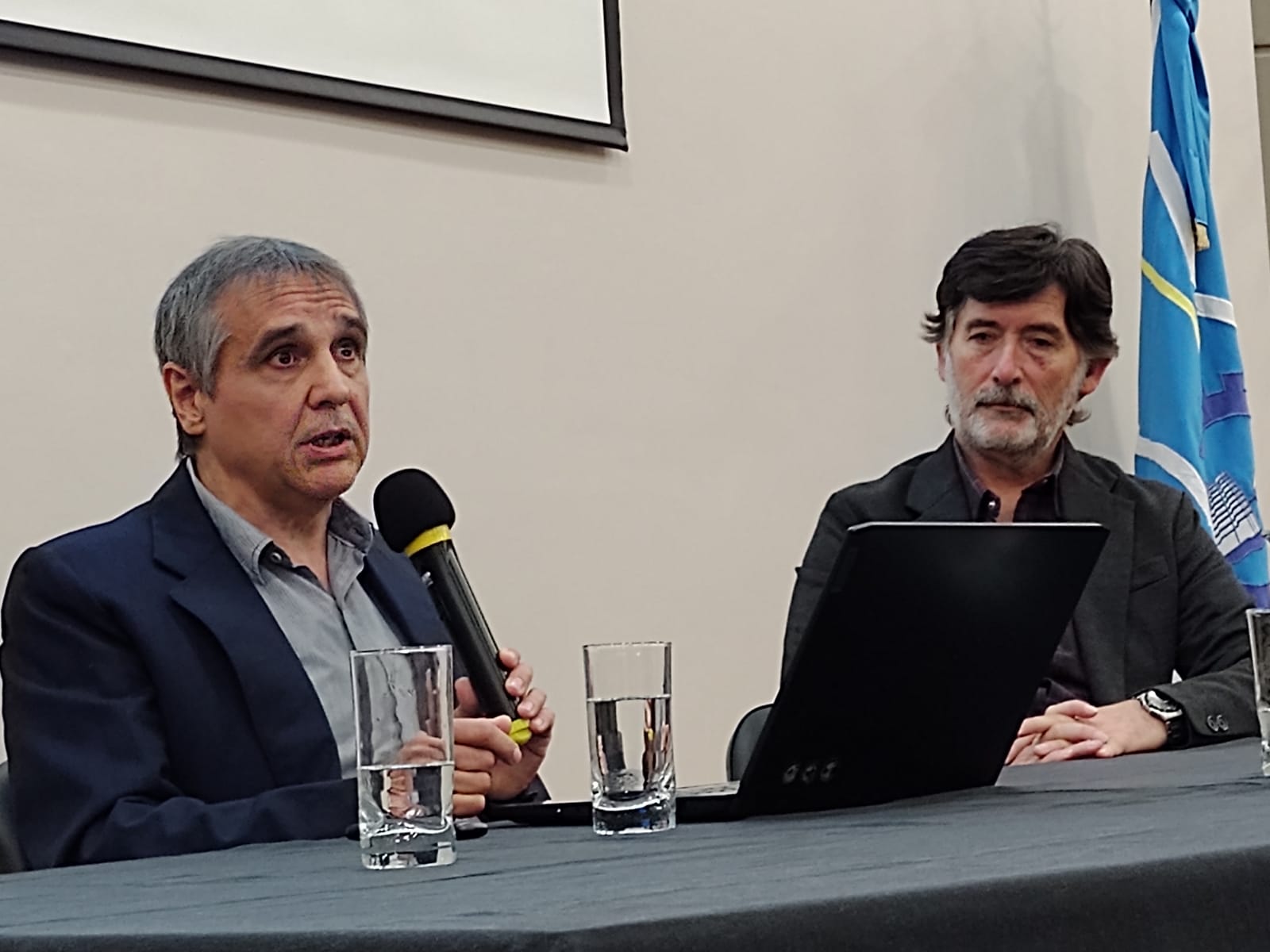
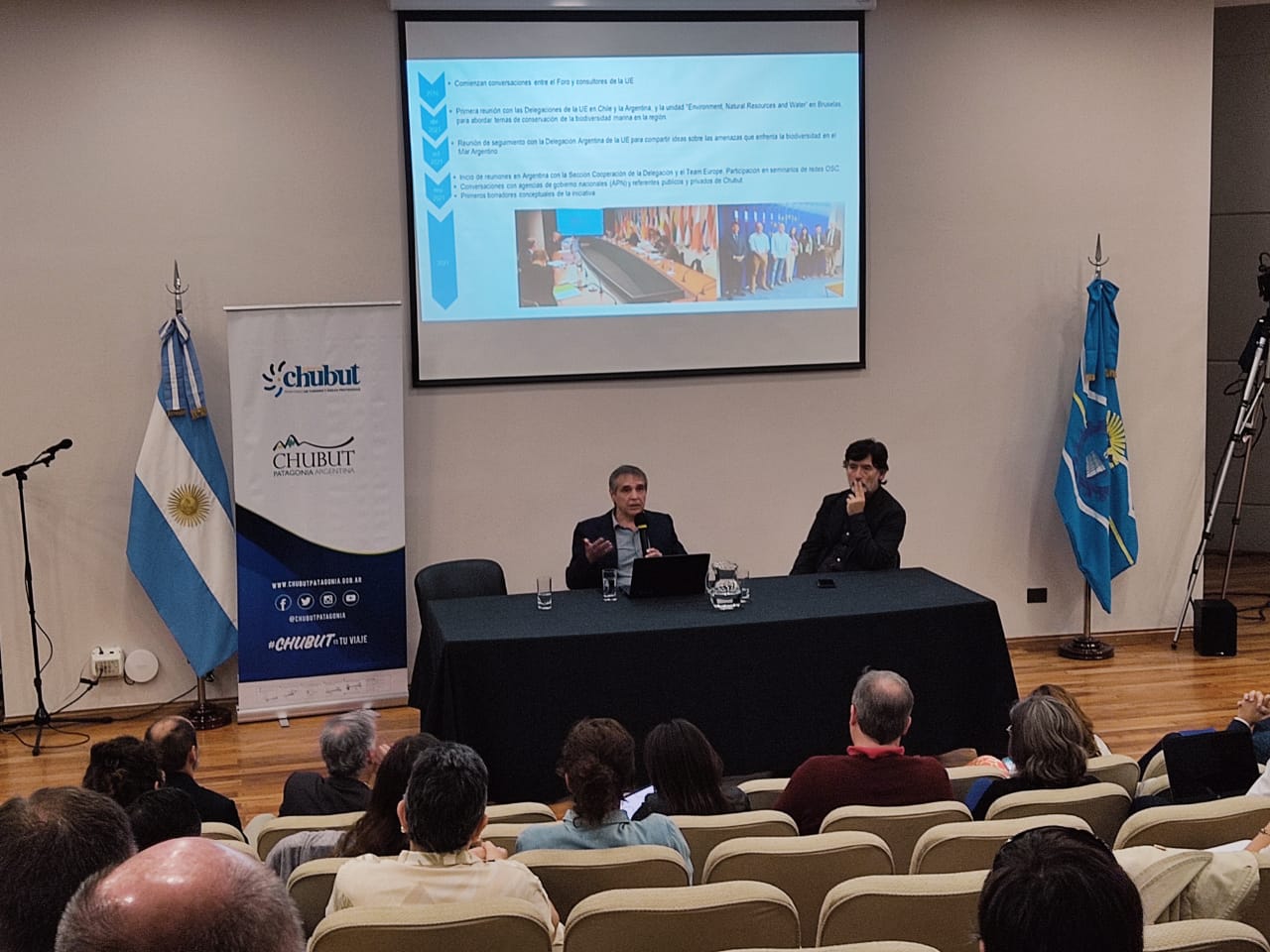
Participation and management
The National Constitution, the General Environmental Law (No. 25,675), the Law on Access to Information and the Escazú Agreement provide the regulatory framework for the creation of spaces for participation.
“We consider that there is a lack of increased knowledge on the part of society about the values of the sea and the benefits associated with protected areas that slow down and hinder their participation,” says Alexandra Sapoznikow, a member of the Forum and of the Fundación Cambio Democrático.
The specialist, who leads the School for the Management of the Marine Protected Areas of the Southern Cone (a Forum initiative), says that the strategy to address this situation will be to generate a platform with key information on MCPAs management. The regulatory frameworks for participation and access to current MCPAs information will also be analyzed, with the intention of promoting improvements in coordination with the corresponding authorities.
“We also intend to contribute to the development of local management capacities, with strengthened facilitators and key actors, for successful participatory processes. And the design of management scopes with emphasis on models of participation and access to information of the biosphere reserves in the province of Chubut”.
Soledad Díaz Ovejero, from the Ministry of Tourism and Protected Areas of Chubut, mentioned what is the link with the actions carried out from that portfolio. “This project reinforces all the actions that the province institutionally carries out in terms of action and elements that contribute to biodiversity and the management of fishing waste on the coasts,” she said.
Claudio Garcia, coordinator of Operations and Audit of the National Directorate of Marine Protected Areas (MPAs) of the National Parks Administration, said that the sea presents several challenges (sovereignty, production, pollution, among others) that must be approached in an integral way. He added that: “We have come to contribute our collaboration and knowledge. The General Environmental Law tells us that environmental management must be harmonized at the national, provincial and municipal levels; therefore, we must therefore work together”.
The specialist affirmed that the problem of microplastics is already a reality in Yaganes and even in Antarctica. “We must act now”, he pointed out.
After the presentations and exchange of questions, the workshop devoted a space to address the central themes of the Project in working groups. As a result, each group generated a presentation summarizing the exchanges made in each commission.
At the end of the workshop, Alejandro Vila, president of the Forum, said: “We are very pleased and we took away with us a lot of work to further enrich the proposal, thanks to the participation of all the participants”.
The project will be implemented by a consortium made up of eight Argentine organizations from the Forum, Aves Argentinas, Fundación Ambiente y Recursos Naturales, Fundación Cambio Democráctico, Fundación Patagonia Natural, Fundación Vida Silvestre Argentina, Global Penguin Society, Instituto de Conservación de Ballenas and Wildlife Conservation Society Argentina.